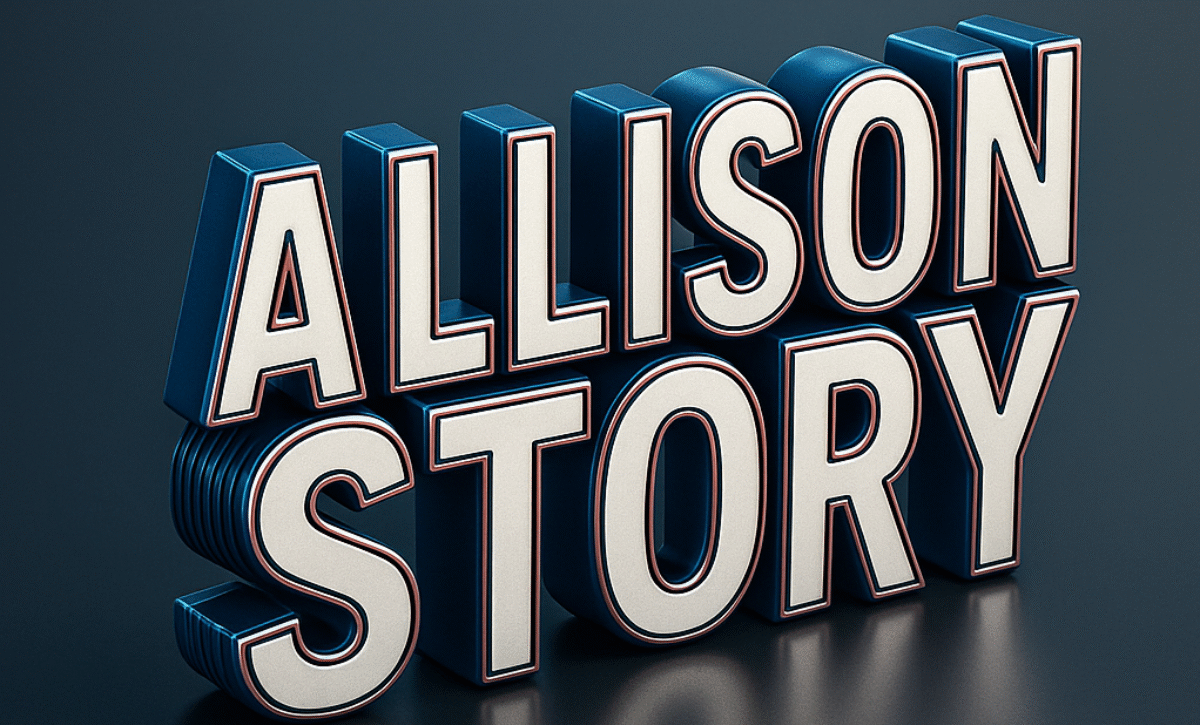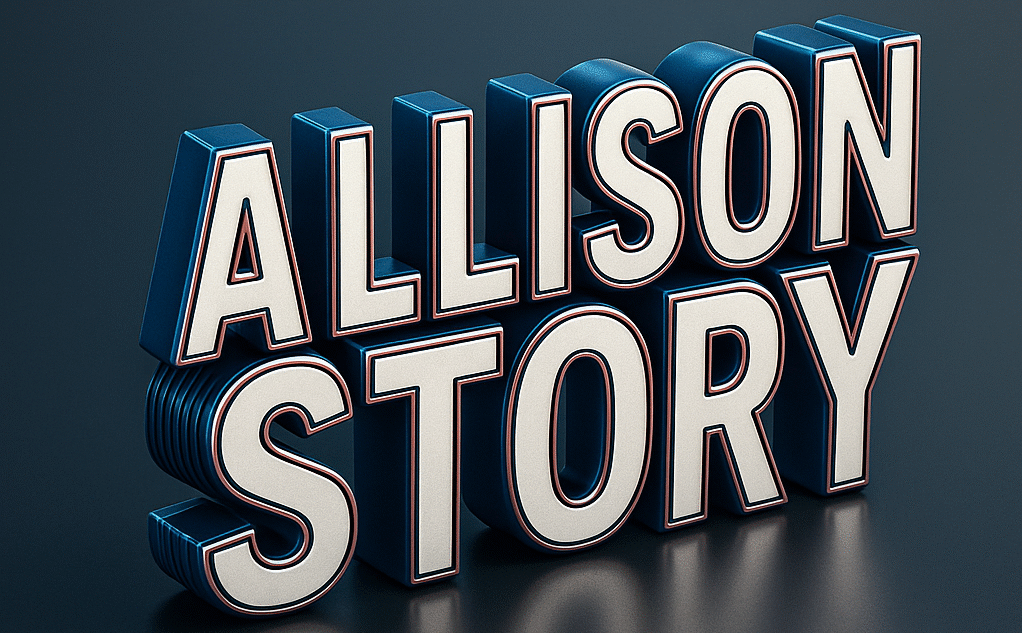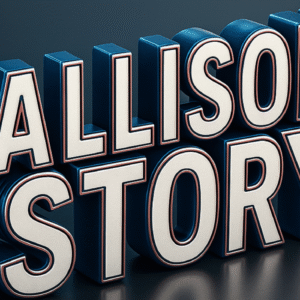Former President Barack Obama suggested at a forum this week that there should be some government-imposed limits for online speech to avoid what he called a “diversity of facts.” Obama made his remarks during a conversation with historian and author Heather Cox Richardson at The Connecticut Forum on Tuesday.
“I’ve said this before, but I always repeat it. You and I can have an opinion about this little side table. You know, you might not like the design, you might not like the color or how it’s finished, but we can have that discussion,” he said at one point during the discussion.
“If I say to you this is a lawnmower, you’ll think I’m crazy. And if I really believe it, I’ll think you’re crazy. And we’re now in a situation in which we are having these just basic factual arguments,” the 44th president continued.
“And that further undermines trust. And those in power, those with money, exploit that space in which nobody knows what’s true. Vladimir Putin and the KGB had a saying that was then adopted proudly by Steve Bannon, which was if you want propaganda to be effective, you don’t have to convince people that what you are saying is true,” Obama added. “You just have to flood the zone with so much poop. They use a different word. But you have to flood the zone with so much untruth, constantly, that at some point people don’t believe anything.”
At that, Obama appeared to be implicating President Donald Trump when he talked of “an elected president” who claimed that when he lost the 2020 race to Joe Biden the system was “rigged” but that when he won in 2024, it wasn’t.
“And that is dangerous. But part of what we’re going to have to do is to start experimenting with new forms of journalism and how do we use social media in ways that reaffirm facts, separate facts from opinion,” Obama went on. “We want diversity of opinion. We don’t want diversity of facts. And how do we train and teach our kids to distinguish between those things?”
Obama then dropped his ‘solution’ to the problem: “[I]t will require some government, I believe, some government regulatory constraints around some of these business models in a way that’s consistent with the First Amendment, but that also says, look, there is a difference between these platforms letting all voices be heard versus a business model that elevates the most hateful voices or the most polarizing voices or the most dangerous, in the sense of inciting violence, voices.”
PLAY:


